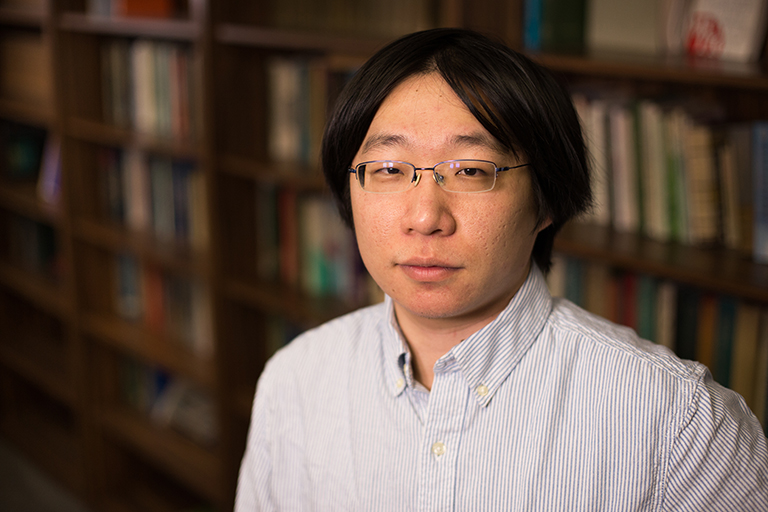Yi Zhu, a Communication Ph.D. candidate, won the Top Student Paper Award from the Association for Chinese Communication Studies at this year’s convention of the National Communication Association (NCA).
“I think it’s a great opportunity,” Zhu said. “It makes me fully aware that someone out there appreciates our work and I wish to extend that in the future.”
Zhu, a co-author on the paper, worked with Zhaomeng Niu, a postdoctoral research fellow at Rutgers Cancer Institute of New Jersey and Shuang Liu, a Ph.D. student at Washington State University, to study the interaction between culture and health communication. Specifically, the team investigated how the cultural meaning of drinking in China impacts health.
“In the U.S., for example, drinking is kind of a social activity, and it has little to do with business,” Zhu said. “But in China, if you want to make a business negotiation, you must use drinking. In that situation, drinking is much more like social capital.”
The team conducted thematic analysis of interview data to understand how individuals in China think about drinking and how the activity influences their communication patterns, social capital and professional life.
They hope to extend this research to create a health campaign that effectively convinces people to drink moderately and acknowledges how cultural differences can affect the interpretation of a message.
“The participants realize it’s harmful to drink too much, but in order to get business done, they feel that they have to drink,” Zhu said. “We have to figure out how to create a balance to prevent them from drinking excessively, but make the business [aspect] work.”
Historically in Chinese culture, people considered drinking to be related to certain rituals and ceremonies. It was known as “moral drinking”, meaning that when you drink, you must drink moderately and behave carefully. Drinking was also related to the artistic pursuit of poetry. Many Chinese poets believed alcohol inspired them to take up the profession. Zhu hopes that by emphasizing the “moral drinking” philosophy of the past, it might be possible to change present-day societal attitudes toward drinking.
He believes their research has practical and cultural implications because it provides a new approach to health communication.
“Generally speaking, health communication and scholarship are mostly focused on a western perspective, so maybe this time we should include a Chinese perspective,” Zhu said. “At the very least, we should take the culture into consideration.
By Rianna N. Middleton
